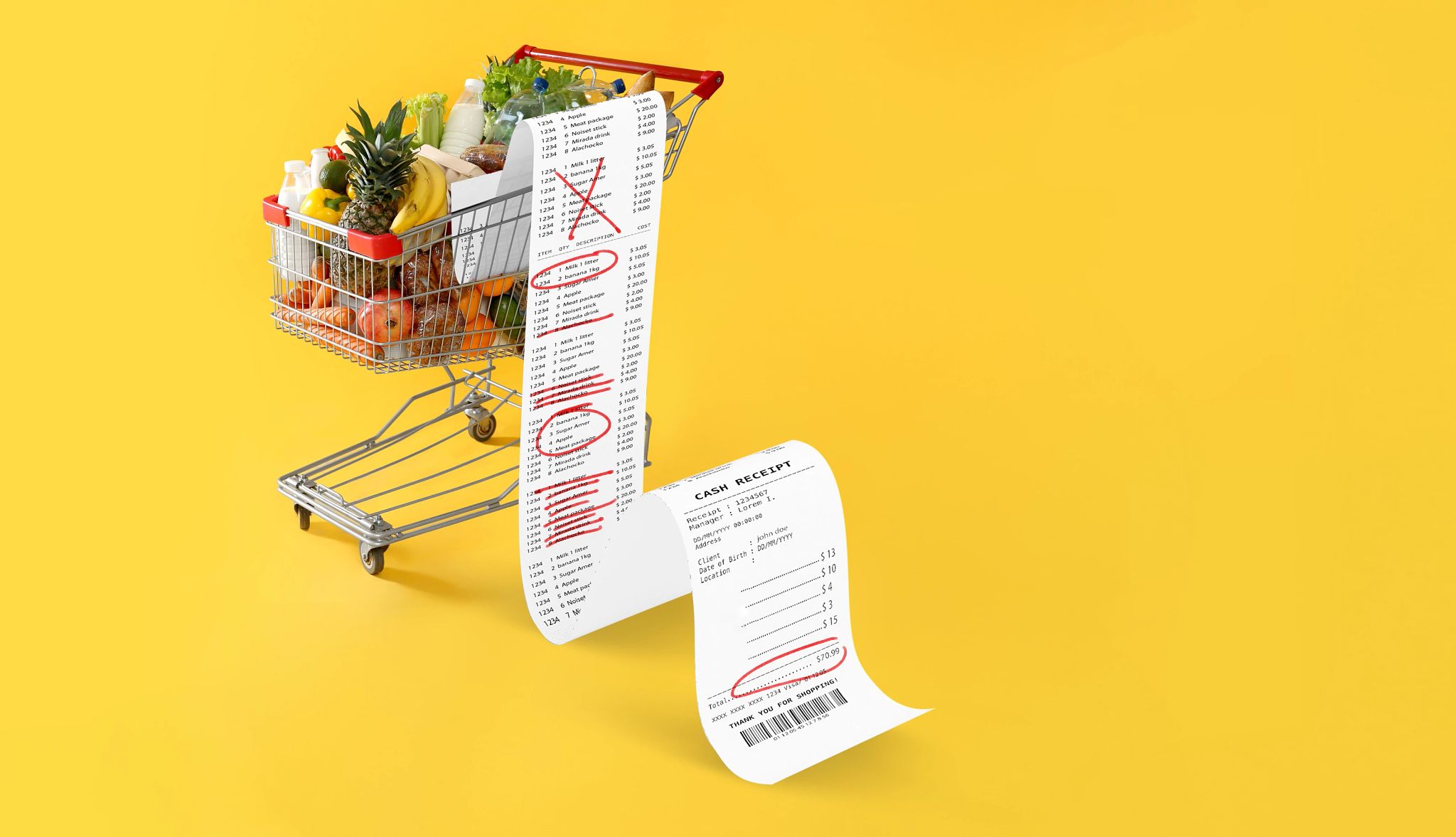AARP Hearing Center


Retirees living on fixed incomes have been feeling the pinch of rising grocery costs.
Grocery prices in February rose 2.6 percent year-over-year, according to the U.S. Bureau of Labor Statistics' Consumer Price Index. For some items, such as eggs, price hikes have been much steeper.
But don’t blame a big grocery bill entirely on inflation (or bird flu, in the case of egg prices). Your shopping habits could be a contributing factor.
“There are many ways retirees can reduce their grocery costs and help avoid overspending,” says Laura Adams, author of Money Girl’s Smart Moves to Grow Rich and an analyst at financial products and services comparison website Finder.com.
To save at the supermarket, make sure you’re not making these 11 mistakes.
1. Missing out on senior discounts
A number of grocery stores across the country offer discounts to people over a specific age, typically worth 5 percent to 10 percent off your grocery bill (select items may be exempted).
Senior discounts are generally offered on a specific day of the week. Some big chains, such as Giant and Safeway, don’t offer them at every location, but their individual stores may, so it’s best to check with your local store.
2. Shopping without a plan
Create a meal plan for the week before you head to the grocery store to ensure you only buy what you need and avoid food waste. When crafting your weekly menu, look for recipes with overlapping ingredients so you can use everything you buy in its entirety.
“You can take this one step further by reviewing local store ads to see what's on sale then picking recipes that use these discounted foods to save more,” says Andrea Woroch, a money consultant.
Also, check your refrigerator, freezer and pantry before you shop. “When making the meal plan for the week, it's important to take inventory of what you already have on hand and build out your recipes and shopping list from there,” says Jill Sirianni, co-host of the Frugal Friends podcast and co-author of Buy What You Love Without Going Broke.
3. Buying out-of-season produce
You typically can buy your favorite fresh fruits and vegetables regardless of whether they’re in season, but it’s often not cost-effective. “In-season fruit and veggies are always less expensive and should be incorporated into your meal plan and shopping list week to week,” Sirianni says. If you’re not sure what's in season in your area, check the website Seasonal Food Guide.




































































More From AARP
Staples You Should Always Buy on Sale
If they store well or freeze well, jump at the chance to buy at a discountTired of Overpaying at the Grocery Store? Here’s How to Break the Cycle
6 frugal ways to save money on your grocery billThe Rudest Things Shoppers Do at the Grocery Store
Phone calls at checkout, knocking into other shoppers: Don’t commit these supermarket sins